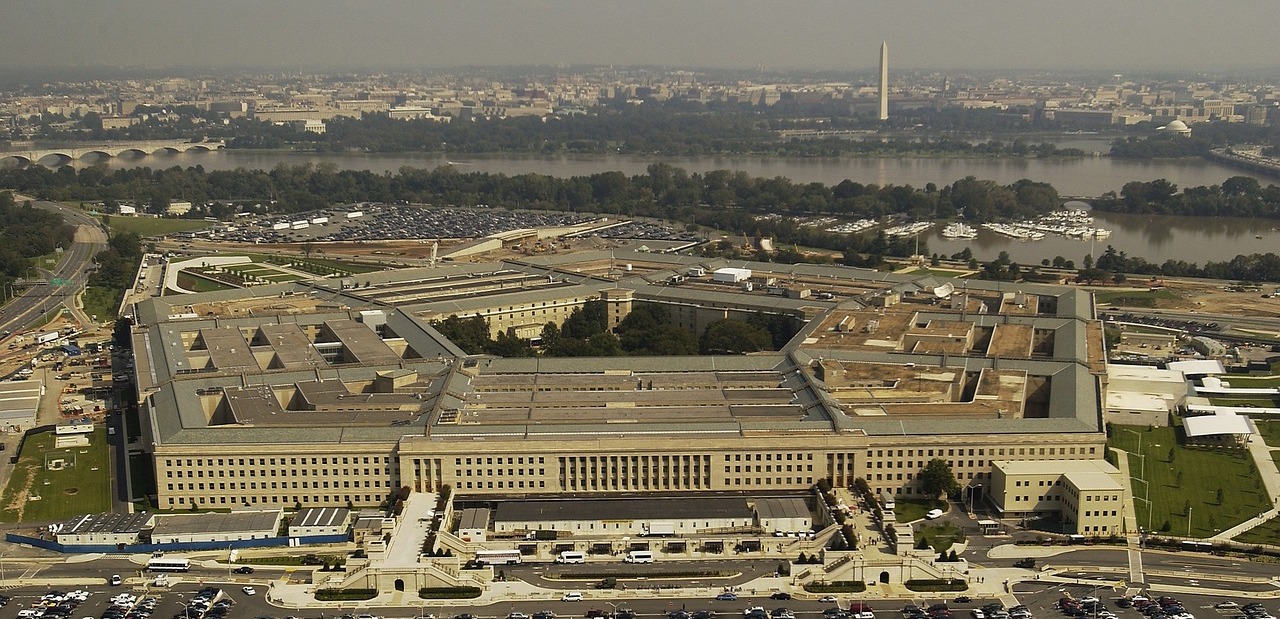
US Defense Secretary Lloyd Austin on Aug. 2 rejected a controversial plea deal that would have prevented three accused 9-11 terror attack planners from facing the death penalty. Two days earlier, a letter to the families of 9-11 victims revealed that accused co-conspirators Khalid Shaikh Mohammed, Walid Bin ‘Attash and Mustafa al Hawsawi had pled guilty to orchestrating the attacks that claimed nearly 3,000 lives on Sept. 11, 2001.
In the letter, prosecutors wrote:
In exchange for the removal of the death penalty as a possible punishment, these three Accused have agreed to plead guilty to all of the charged offenses, including the murder of the 2,976 people listed in the charge sheet, and to be later sentenced by a panel of military officers.
The deal immediately provoked controversy, spurring US lawmakers to demand answers from the White House, which denied any involvement in, and actively distanced itself from, the negotiations.
Austin then intervened, writing to in a letter addressed to Susan Escallier, a retired brigadier general serving as Convening Authority for Military Commissions:
I have determined that, in light of the significance of the decision to enter into pre-trial agreements with the accused in the above-referenced case, responsibility for such a decision should rest with me as the superior convening authority under the Military Commissions Act of 2009. Effective immediately, I hereby withdraw your authority in the above-referenced case to enter into a pre-trial agreement and reserve such authority to myself.
In the military prosecutors’ letters to victims’ families, they addressed the controversial nature of a plea deal in such a case, stating:
We recognize that the status of the case in general, and this news in particular, will understandably and appropriately elicit intense emotion, and we also realize that the decision to enter into a pre-trial agreement will be met with mixed reactions amongst the thousands of family members who lost loved ones. The decision to enter into a pre-trial agreement after 12 years of pre-trial litigation was not reached lightly; however, it is our collective, reasoned, and good-faith judgment that this resolution is the best path to finality and justice in this case.
In informing the White House of the decision to investigate, Rep. James Comer (R-KY), chairman of the House Committee on Oversight & Accountability, cited the spouse of a 9-11 victim who expressed some of what the prosecutors had anticipated:
I am angry and disappointed that enemy combatants who killed thousands of Americans in our homeland are now able to exploit the US judicial system to their benefit, receiving support from American taxpayers for shelter, food, and healthcare for the rest of their lives.
The American Civil Liberties Union (ACLU), which was representing Mohammed and others facing the death penalty for the 9-11 attacks, had lauded the initial plea agreement, stating it was the “right call” and the “only practical solution” after nearly 20 years of pre-trial litigation. “For too long, the US has repeatedly defended its use of torture and unconstitutional military tribunals at Guantánamo Bay. The military commissions were doomed from the start and the government’s torture of these defendants makes this plea both necessary and just,” the ACLU said in a statement released in response to the prosecutors’ letter.
The use of torture at Guantanamo Bay detention camp was a controversial aspect of the US government’s response to the 9-11 terrorist attacks. “Enhanced interrogation techniques,” broadly considered to have qualified as torture, were employed on detainees suspected of terrorism. The Bybee Memo, written in 2002 by Justice Department official Jay Bybee, provided legal justification for these techniques by narrowly defining torture and arguing that the executive branch had broad authority in matters of national security.
The ACLU vowed to challenge Austin’s decision in court, describing his withdrawal of the plea agreement as the “prevention of a guilty verdict in the most important criminal case of the 21st century.” ACLU executive director Anthony D. Romero framed the plea deal rejection as a product of “politics and command influence” and as counterproductive to the Biden Administration’s commitment to ending capital punishment. And beyond these factors, he argued, the Bybee-era “enhanced interrogation techniques” are likely to thwart any efforts at securing capital punishment. Romero said:
No federal court will uphold a death penalty conviction of tortured defendants in the inherently unjust military commissions. After over 20 years, it’s time for our government to accept the defendants’ guilty pleas as the best solution in a terrible circumstance. The 9/11 families and the American people deserve closure and adherence to due process principles that are the bedrock of our democracy.
—Ingrid Burke Friedman for Jurist, Aug. 4. Used with permission.
Photo: Pixabay via Jurist





Appeals Court throws out 9-11 plea deals
The US Court of Appeals for the DC Circuit on July 11 threw out plea agreements for three Guantánamo detainees accused of conspiring in the 9-11 attacks, clearing the way for the government to pursue the death penalty in the case.
The 2–1 ruling holds that then Defense Secretary Lloyd J. Austin III lawfully exercised his authority when, in August 2023, he rescinded plea deals that had been accepted days earlier by the military commission’s convening authority. The plea deals were affirmed by a military judge in November 2024, but the Defense Department appealed. (Jurist)